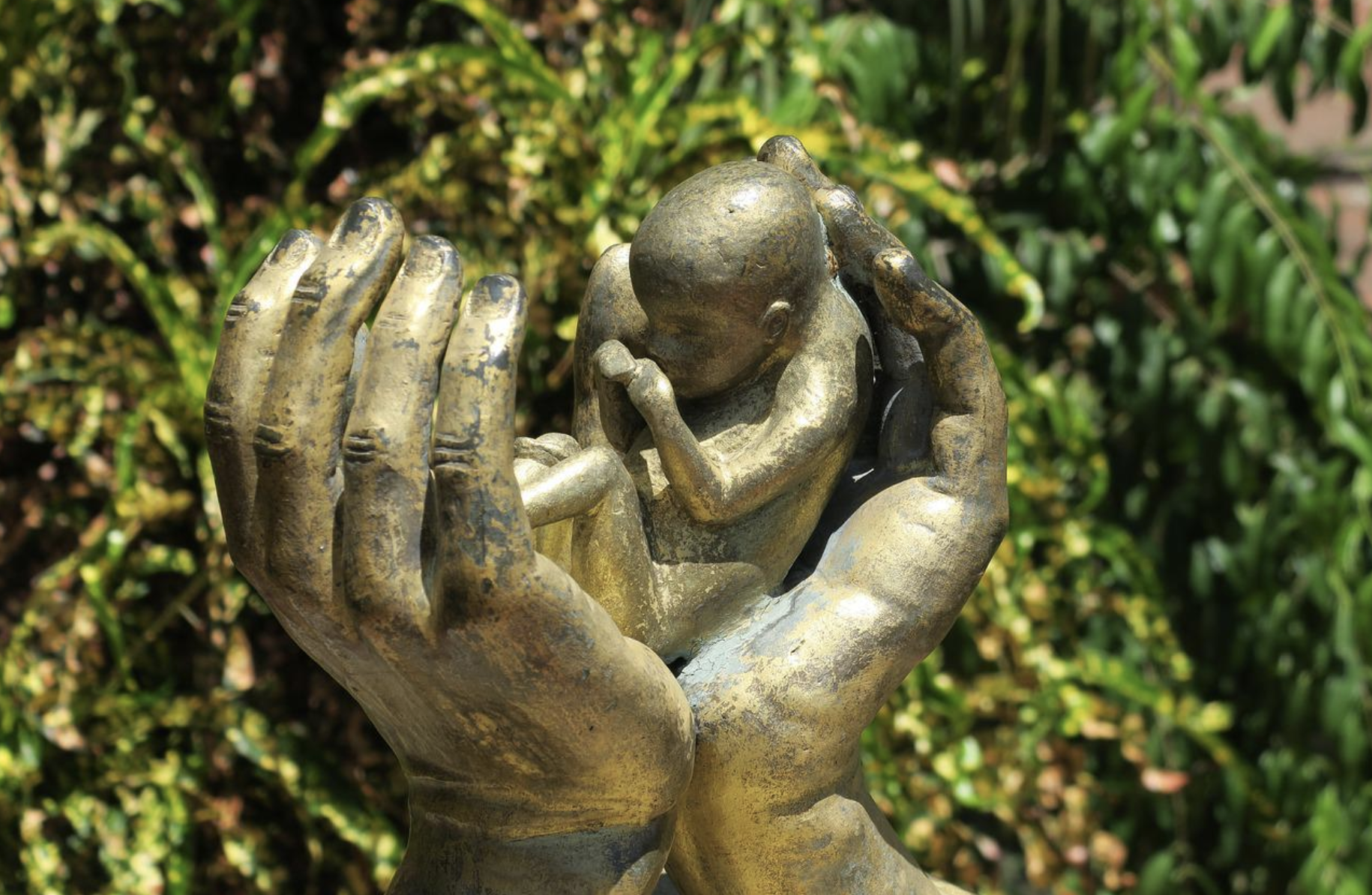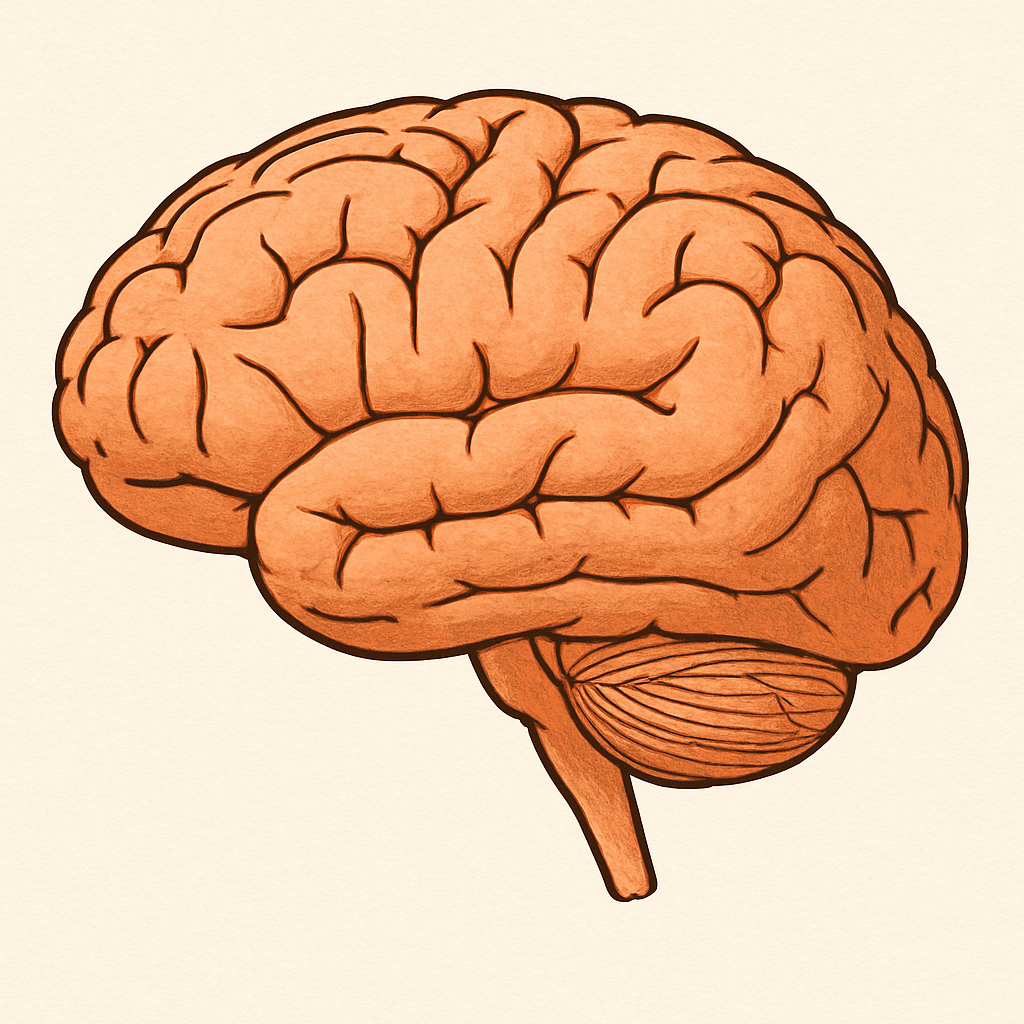
[객원 에디터 3기 / 한동민 기자] Abortion has not always been the highly polarizing political subject it is today—when most candidates from both the Democratic and Republican parties adhered to traditional pro-life sentiments. However, this all changed in 1973, when the U.S. Supreme Court ruled in favor of a pregnant woman’s liberty to choose to have an aboriton without government interference in Roe vs. Wade. In protest, then-President Ronald Regan argued, “We’re told about a woman’s right to control her own body. But doesn’t the unborn child have a higher right … to life, liberty, and the pursuit of happiness[?].” Even today, we see this argument echoed by prominent figures such as Donald Trump, who has promised that “the justices [which he appoint] will be pro-life.” Unfortunately, the gap between those who believe in the right to life of fetuses and those who maintain a woman’s right to her own bodily autonomy seemingly remains unbridgable.
Recently on May 10th, a threat was graffitied on the abortion office in Wisconsin that read, “If abortion aren’t safe, you aren’t safe.” Though no suspects have yet been identified, this incident higlights a gradually shifting trend towards a pro-abortion majoritarian stance in American society. Indeed, even during the 1973 Roe vs. Wade trials, an overwhelming 88% of citizens reported wanting to see the status quo upheld, while a smaller 63% wanted to see it overturned.
In particular, age was identified as a salient sectarian cleavage. Young people are frequently found to have stronger views on abortion than their elders, with 67% reporting that they would be angry if the Roe vs. Wade decisions were overturned, compared with 54% for those 45 years or above.
Another key cleavage is religion. While 77% of Evangelical protestants argue that abortion should be illegal, 63% of majority white non-Evangelical Protestants claim that abortion should be legal in most or all cases. Catholics views are more of a split compared to others, with 55% in favor legal abortion in most or all cases dn 43% advocating for it to be outlawed. Finally, 82% of religiously unaffiliated Americans support legal abortion.
The recent introduction of the Targeted Regulation of Abortion Providers (TRAP) legislation in Texas to shut down abortion providers and minimize access to abortion services has further added heat to the fire to the heat. As the issue of abortion becomes an increasingly polarizing issue in American society, it is up to politicians and community leaders—Democrats and Republicans alike—to find common ground and work out solutions that can mediate the different values on both sides of the divide, or risk further antagonizing the sectarian cleavages an already divided nation.
Sources: NPR, The Guardians, Scientific American, CNN





